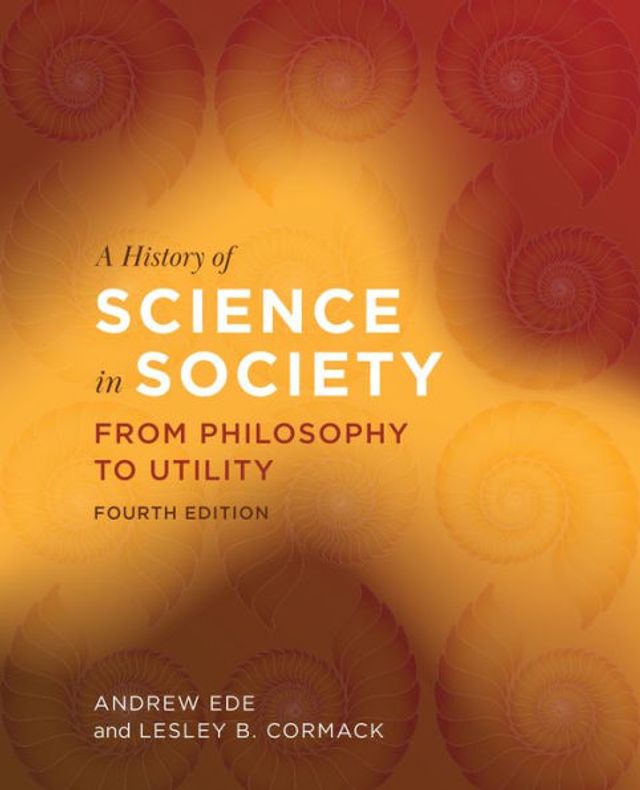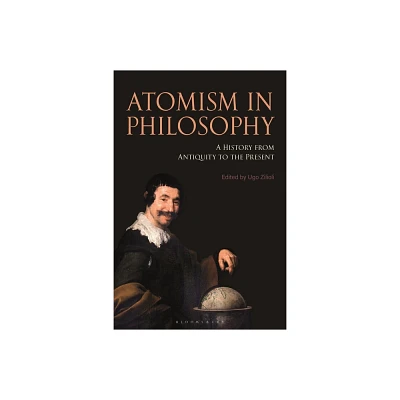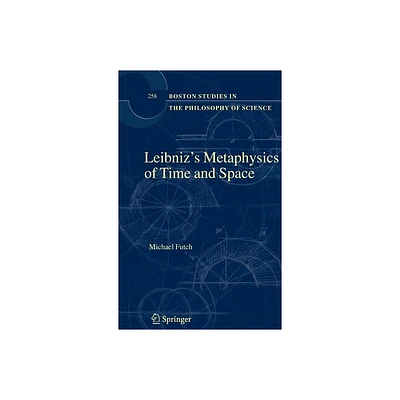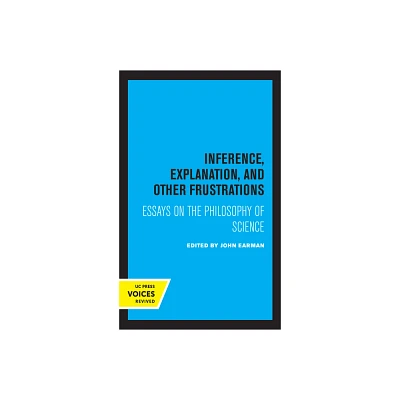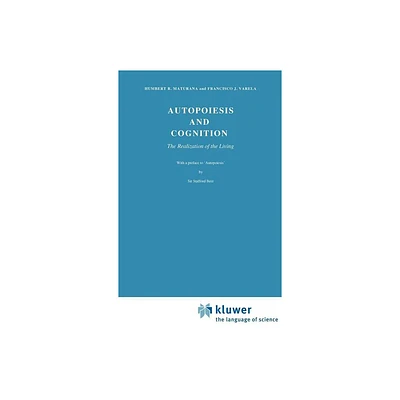Home
Defending Materialism: the Uneasy History of Atom Science and Philosophy
Loading Inventory...
Barnes and Noble
Defending Materialism: the Uneasy History of Atom Science and Philosophy
Current price: $115.00


Barnes and Noble
Defending Materialism: the Uneasy History of Atom Science and Philosophy
Current price: $115.00
Loading Inventory...
Size: Hardcover
*Product Information may vary - to confirm product availability, pricing, and additional information please contact Barnes and Noble
Nobody doubted that atoms were real once atomic energy was developed, but in the early 20th-century and before their existence was widely doubted
.
Defending
Materialism
follows the political and theoretical background of this intense philosophical controversy, defending atomistic and mechanical materialism against idealist paradigms. These accounts range from the explicit idealism criticised by Lenin and Einstein to the implicit Hegelian idealism that influenced Soviet dialectical materialism.
Following several key threads, the authors trace how the idea of atoms has changed over the centuries, how ideology has influenced both sides of the idealism/materialism divide, and how the nature of time in physics, biology and human society can give a fresh view of historical materialism. Starting from the origins of materialism in ancient Greek thought and moving through its revival in Isaac Newton and Charles Darwin gives a full picture of the links between the Marxist tradition and the 'coarse materiality' to which the worlds of science and philosophy have found themselves both subscribed and averse.
.
Defending
Materialism
follows the political and theoretical background of this intense philosophical controversy, defending atomistic and mechanical materialism against idealist paradigms. These accounts range from the explicit idealism criticised by Lenin and Einstein to the implicit Hegelian idealism that influenced Soviet dialectical materialism.
Following several key threads, the authors trace how the idea of atoms has changed over the centuries, how ideology has influenced both sides of the idealism/materialism divide, and how the nature of time in physics, biology and human society can give a fresh view of historical materialism. Starting from the origins of materialism in ancient Greek thought and moving through its revival in Isaac Newton and Charles Darwin gives a full picture of the links between the Marxist tradition and the 'coarse materiality' to which the worlds of science and philosophy have found themselves both subscribed and averse.



